Note: This post may contain affiliate links which means if you click on a link and purchase an item, we will receive an affiliate commission at no extra cost to you.
This post is brought to you by Chad’s laptop set up when he’s nomading: a MacBook Pro 2019 and a MacBook Pro 2015.
This is the latest interview in a series featuring digital nomads talking about their lives and lessons (click here if you want to be interviewed). The goal is to help demystify the process of making money online, wandering the world, and living an unconventional life!
Chad never dreamt of leaving home someone until shared their story of becoming a digital nomad with him. On a whim, Chad booked a flight, quit his job, and learned how to earn money remotely. Be sure to join his Facebook group for digital nomads and check out his remote jobs website if you’re looking for a way to jump into the world of digital nomading!
Thank you for sharing your story with Freedom Is Everything, Chad!
Key takeaways from Chad’s interview:
“Traveling certainly changed my perspective in terms of the way I see other people and myself. I learned to be accepting of everyone from all walks of life, where I had grown up judging everybody for any reason. I developed an outgoing personality and enjoyed being free to do what I wanted.”
“I used to be extremely unconfident and afraid to talk to anyone. When I first entered my hostel room (with 50 people), everyone came up to me asking how I am, hugging me, and making me feel like their best friend. From that point, I never had an issue with confidence again. That may seem crazy, but it’s true.”
“The one thing I say, unless you’re dying, there is nothing worth worrying or stressing over. Everything has a resolution. Some people worry or get worked up over such small things and even big things, but everything can be resolved. Everything has an answer, and there is always someone out there who can help if you can’t find the answer. This can apply to anything, debt, travel, losing your keys, breaking your phone, ending a relationship, and so on.”
Table of Contents
Introduce yourself! 🙂 Who are you? What do you do for work? And what is your nomadic story?
My name is Chad Wyatt. I am 30 from London, United Kingdom. Although I have spent numerous years living in different countries, and now live in the center of France.
I used to work as a manager in hospital administration, as a prison officer, and in hospitality. I changed paths to follow a more direct path and ended up working in digital marketing, specializing in content and SEO.
I have two main jobs: I freelance on the side, and I run multiple websites/businesses. The hustle definitely took over, and I work around the clock to find success. This includes running large social communities for remote workers and digital nomads.
I have been nomading for probably five years of my life. I have since halted when the pandemic hit. However, I will probably retire from the nomadic lifestyle to focus on business and due to my old age! These five years were not consecutive as I had mini breaks in-between and traveled with different groups of people. I have lived in Australia, the USA, France, and New Zealand, for long periods but many other countries for shorter periods.
What inspired you to start nomading? And how has nomading changed your perspective on life?
I wasn’t even aware of the concept of nomading until I started doing it. So in a way, nothing inspired me to do it; I just “fell into it.” I quit my job and planned to start traveling with my girlfriend on a long-term plan. Before the date arrived to leave and travel, I managed to secure a freelance gig on Upwork, which was long term and could be done from anywhere in the world, on whatever time schedule I wanted, however often I wanted to. How perfect?
However, I can go back to what inspired me to travel initially. I was the type of person who never wanted to leave my hometown. Didn’t like going abroad and lacked confidence. I started working a job and met a person who had traveled for five years and just returned. Every day for months, he would tell me stories about his journeys, things he saw, the things he did, and I used to sit there engulfed for hours.
Then one day, he told me that I should do it and gave me the information. I don’t know what came over me, the person who never wanted to leave my town, but I went home and that night had booked a flight to Australia. The next day I handed my notice in and quit my job. So it was another person telling me stories about traveling who convinced me; otherwise, I would never have left.
Traveling certainly changed my perspective in terms of the way I see other people and myself. I learned to be accepting of everyone from all walks of life, where I had grown up judging everybody for any reason. I developed an outgoing personality and enjoyed being free to do what I wanted.
When it comes to nomading, that changed the way I see earning money and living. You don’t have to spend your life living in the same place or working the same job. You can, if you really want to, live and work in any country you want to.
Please tell us your detailed story of how you got into your line of work and how you turned it into a remote career.
I started on the classic Upwork route. So basically freelancing, and after taking on one long-term project, I started taking on more and more every day. These projects eventually led to a long-term remote job, and now I still work freelance projects to supplement other business ideas I am working on.
It wasn’t hard to get started, and there’s no secret to success, but the time and effort into applying and your profiles, then work hard and grow. I work on my own schedule and have the financial ability to support traveling and projects.
What does a day in your work life look like? Paint a picture for us :).
I work alone. I do have a team that talks through Slack, but it’s not direct communication, more of a checking-in kind of thing. I work from 7 am to 11 pm. 7 am – 4 pm is my main job. 4 pm -11 pm is my projects and businesses I am working on. Without the funds to invest in business projects, I do everything organically and by myself, so my time is spent working those hours 7-days a week.
What are the 2-3 favorite places where you’ve lived/traveled to and why?
My favorite place I have ever been to is Japan. I don’t actually have many pictures from here. (my Instagram has some). Japan is the cleanest, most polite, and most unique country I have ever been to. It is like stepping back in time but into the future. Everyone wears suits, no one stares, everyone is polite, the streets are immaculate, and people love arcades!
Iceland is my second favorite place. In terms of natural beauty, nothing will ever compare. I spent 10 days driving the “ring road” and witnessing the most unique sights and weather. Every day was different, and every day was an adventure there. I recommend leaving the capital Reykjavík and going around the country “off the beaten path” to really see the country.
Australia is my third. I have spent over two years of my life in Australia, and the things you can see there are incredible. From the scenery in Noosa, the Outback, and the rainforests up in Cairns, oh and everything in between. There is just so much to see and do. If you want busy cities, you have it. If you want serenity, you have it!
What advice would you give to someone who’s thinking about nomading?
The first thing I would say to people starting out is to stay in hostels and/or join a program that puts people together. When I started traveling, I joined OzIntro; you pay a fee and spend a week with other people doing activities. This eliminated having to go and meet people as I was forced to be with them, and we are still friends today. When you travel, people are different. There is no popularity contest or judgment. Everyone is friendly and wants to get to know people.
If you can’t do a program, stay in a hostel with large rooms. Go to the hostel common areas and just talk to people. In real life, if you go out and ask someone to hang around with them, they think you’re weird. In hostels, they will welcome you with open arms, literally.
If this isn’t an option, use co-working spaces to meet people. You will likely be surrounded by other nomads and can make friends that way.
I used to be extremely unconfident and afraid to talk to anyone. When I first entered my hostel room (with 50 people), everyone came up to me asking how I am, hugging me, and making me feel like their best friend. From that point, I never had an issue with confidence again. That may seem crazy, but it’s true.
Another piece of advice I would give is make sure you have an income stream before leaving. I know the common cheesy quote of “pack up your bags and leave” (which is what I did). But it’s risky. Have an income stream and make sure it is stable so you can enjoy being a nomad and having freedom, rather than living on the breadline and being unhappy. I saved up on my first trip and spent $10,000 in 4 months, then nearly had to come home. I was living off of bread and $1 noodles in the end. (luckily, I got a job last minute).
What is unique about the way you travel, and what advice do you have for someone who wants to travel with a similar style?
The unique thing about my travel style NOW is that I travel on weekends. I spent a year traveling from London to the USA for Friday, Saturday, and Sunday. Every single month. The thing that people don’t realize, especially in Europe, is that you can travel to places for two days, see so much, and not spend much money. It’s so easy to do. You can then hold a job and still enjoy security whilst traveling.
When I was nomading, I used to work in the week, see a town at the weekend, then drive to the next place Sunday night, and repeat that process. Everything is possible. You just have to plan effectively.
For someone interested in getting into your field of work, what’s the best advice that you would give? And what books, podcasts, thought leaders, or other learning resources do you recommend?
YouTube and content are the best resources out there, in my opinion. They are free and provide the value you need. But nothing is better than practicing. For example, I run a website called Dealorium, which is affiliate marketing with coupons. I didn’t know anything about this, but I just started doing it and learned on videos and websites. There is no secret formula, and yes, courses will help, but they are not necessary. You can teach yourself everything.
What is one of your favorite travel stories/experiences?
One of my favorite experiences was in Iceland. It was below freezing, and there was a blizzard, the roads weren’t visible, and neither were my feet. But I stopped at a thermal pool by the mountains, no one was there, and my girlfriend and I had the whole pool to ourselves. The water was so hot, and the weather cleared before sunset, so we were sitting in the thermal pool with steam everywhere, watching the sunset over the mountains. Not the most exciting story, but an incredible experience.
What is your philosophy on being happy and/or finding meaning/purpose in life? And any recommended resources for people navigating this journey?
The one thing I say, unless you’re dying, there is nothing worth worrying or stressing over. Everything has a resolution. Some people worry or get worked up over such small things and even big things, but everything can be resolved. Everything has an answer, and there is always someone out there who can help if you can’t find the answer. This can apply to anything, debt, travel, losing your keys, breaking your phone, ending a relationship, and so on.
I started to think like this after I started traveling, and people often tell me that I am one of the calmest people they have met. It’s to recommend how to think this way as it’s more of a mindset change that comes from within. Perhaps try meditation or an e-book?
If you only had a few minutes to live, what are the most important life lessons you would share with the world?
Don’t give up and do everything that YOU want to do. I spent most of my life doing things because of what I thought others would perceive of me. This is wrong; you should do whatever you want to do, regardless of what anyone thinks. When I say don’t give up, that applies to anything. There are too many people who start something and give up if there are no results in a month. Sometimes things take a year or more. Just never stop trying, but learn at the same time.
What digital tools do you use for your work?
I use Trello, Slack, Skype, Zoom, Microsoft Teams, Google Docs, G-Suite, Dropbox, Moz, Basecamp, Monday, WordPress, Wix. I could probably spend all day listing them. As a digital marketer, I try all the different tools available to understand them and use them for work. The ones I listed are the ones I use the most for work.
Tell us about a deep passion of yours! What has your journey been like, and what advice/resources would you recommend for someone interested in learning more about this topic?
My deep passion is travel. Aside from working, the only other thing I do is travel. I love seeing a new town/city/village, or just a new place that I can freely walk around and find out more about.
What do you travel with that you couldn’t imagine traveling without?
My laptops, unfortunately. I travel light, but my laptops are essential because I work with them. I don’t really have much to add here. I travel with a MacBook Pro 2019 and a MacBook Pro 2015.
How can people learn more about you and your work?
My Facebook group https://www.facebook.com/groups/remotejobsanddigitalnomads is my main passion. We have an active community of remote workers and digital nomads. I also run a remote job site – https://www.remotejobsco.com/ which helps people find remote work. Those are just side projects in addition to a handful of affiliate marketing sites and blogs.


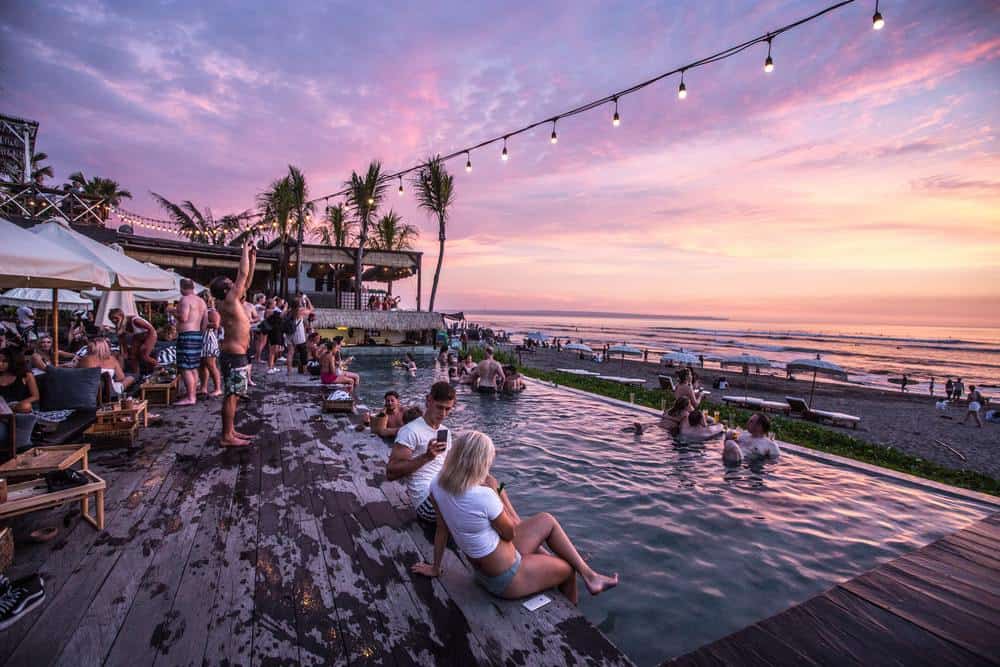
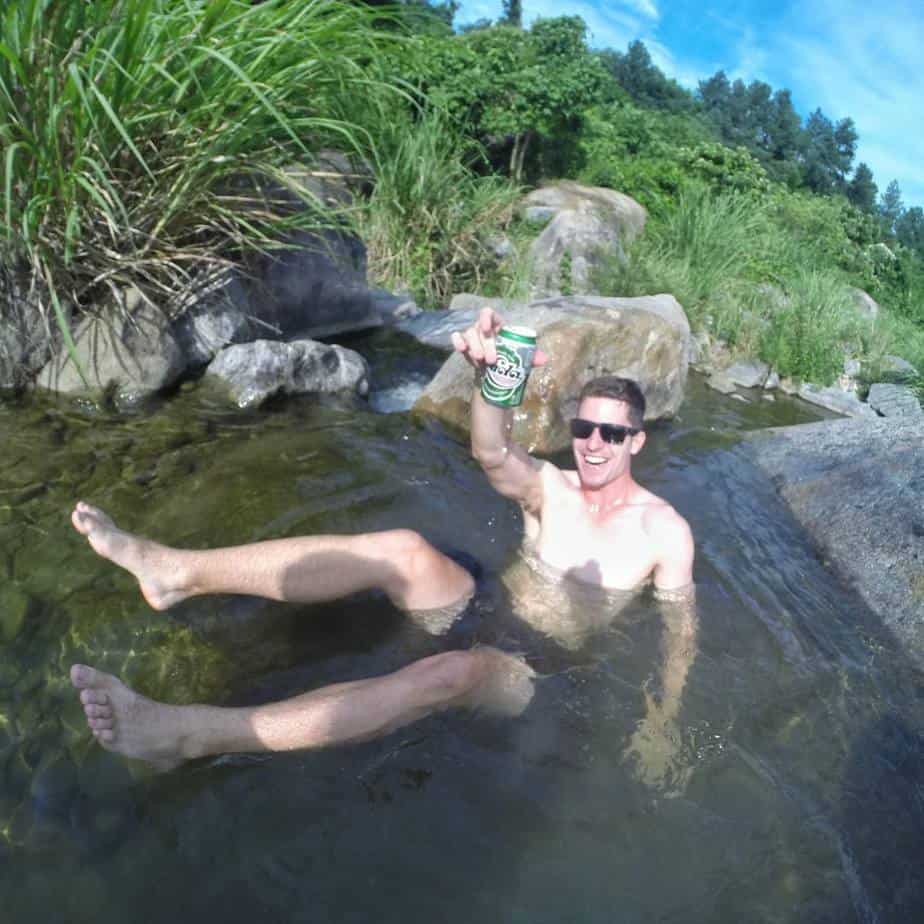
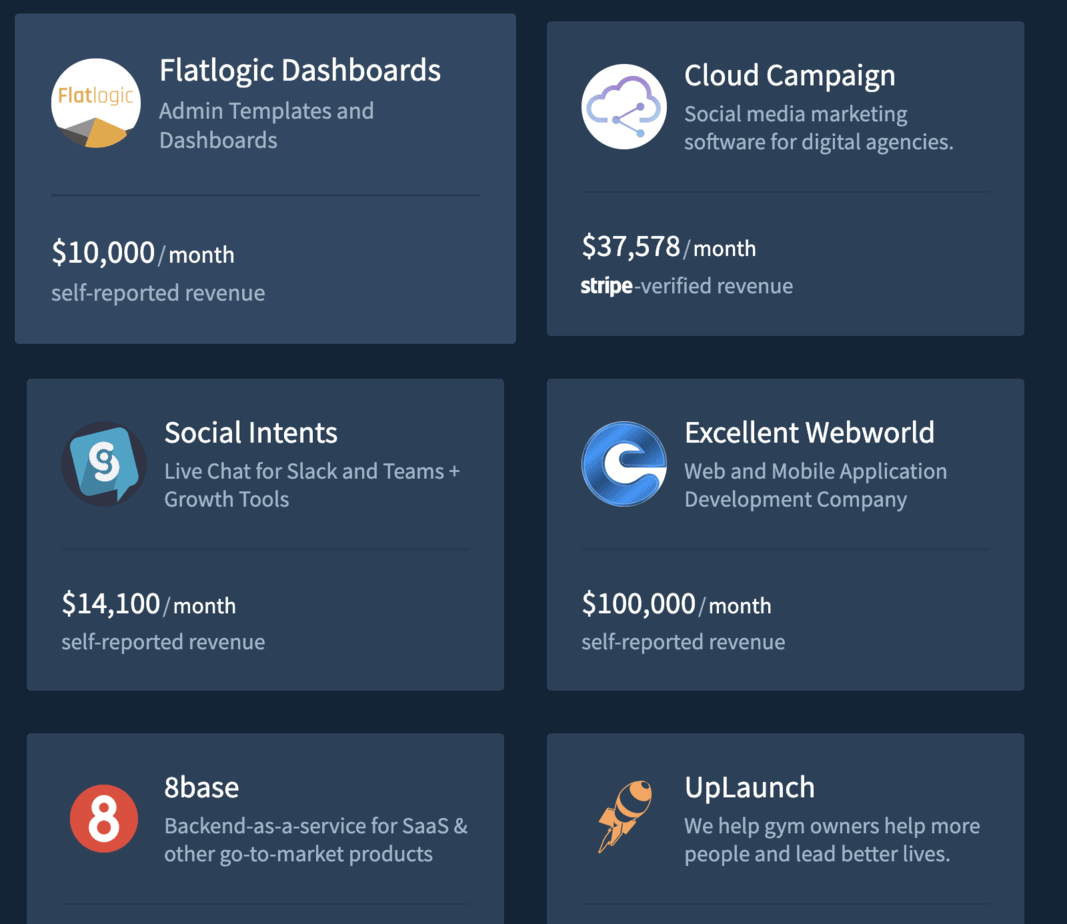
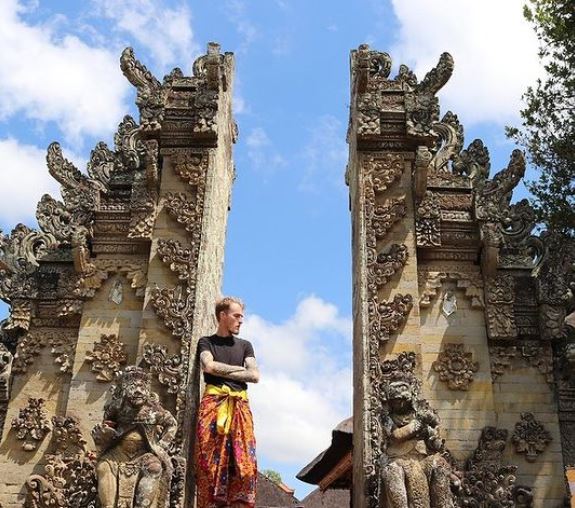
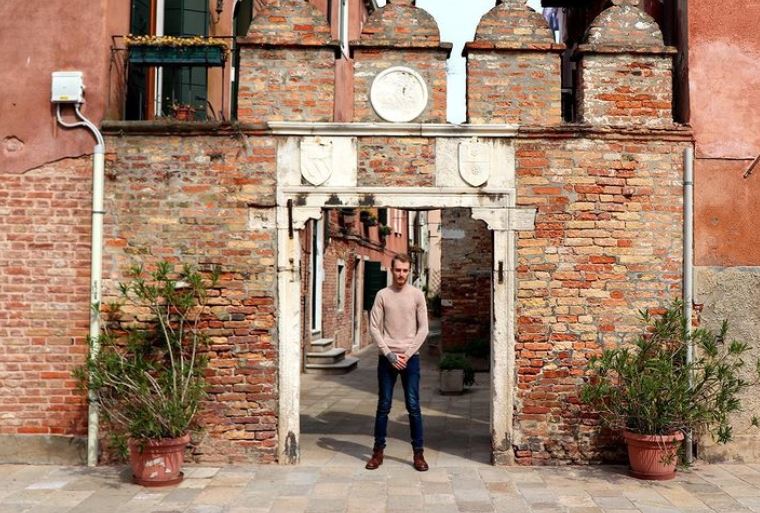
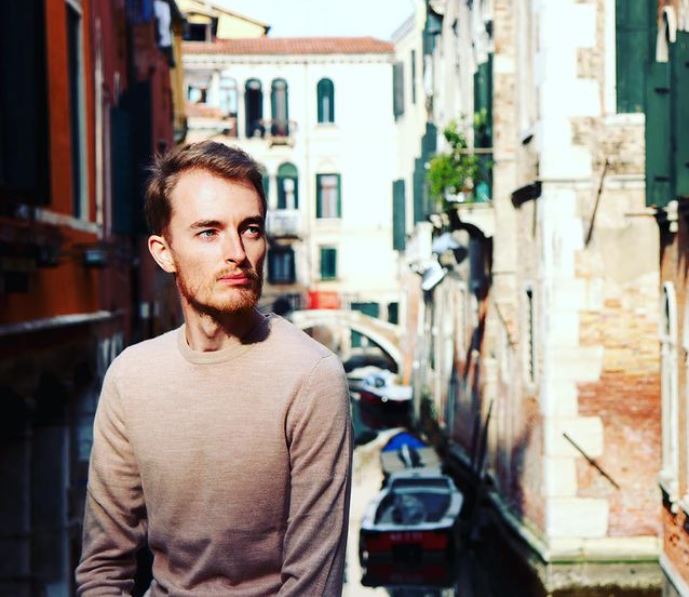
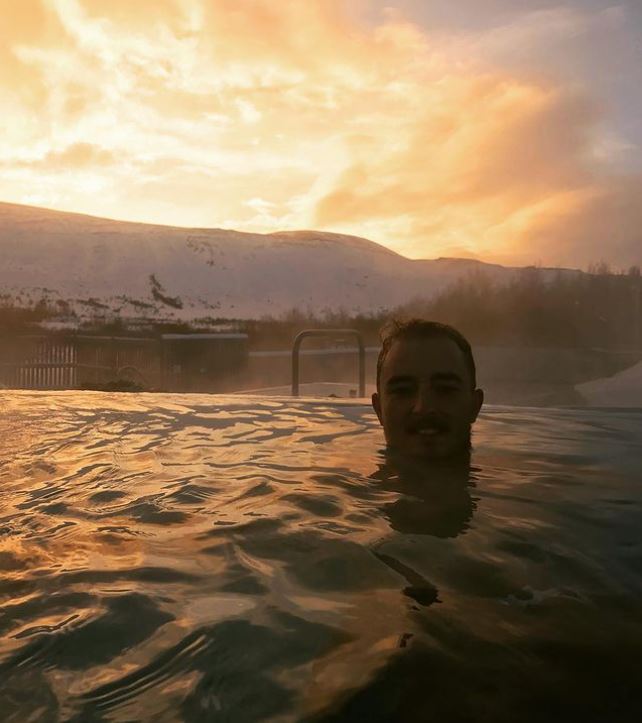

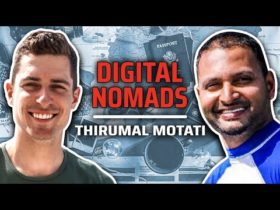
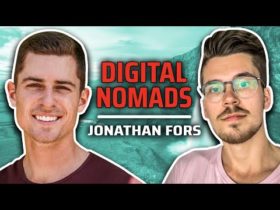
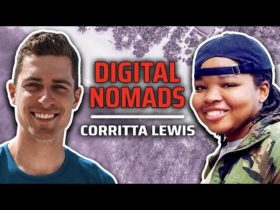
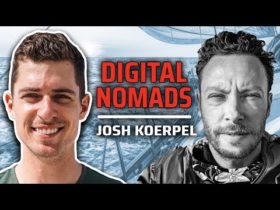
Leave a Reply
View Comments